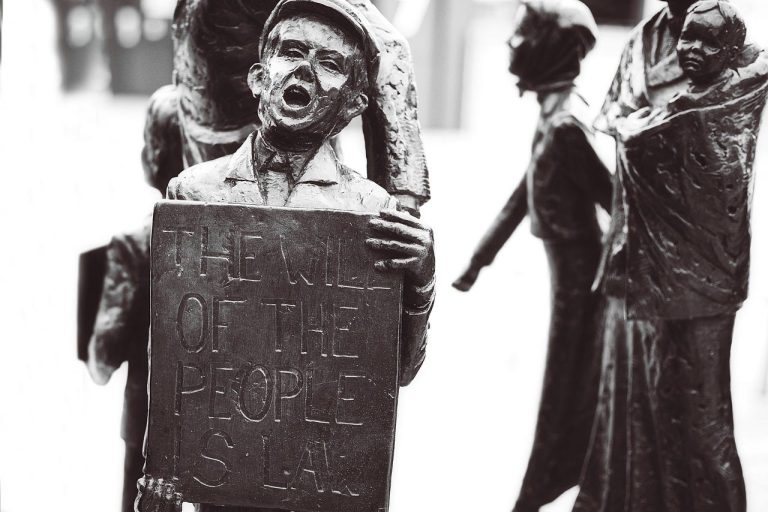The rise of the political elite is a troubling manifestation of the corrosive effects of political privilege on our democracy. The most obvious consequence is the sense of inequality that political privilege creates between politicians and ordinary citizens. This can result in a perception, or to be more precise, the recognition that politicians are not always subject to the same laws as the very people they are supposed to serve.
When people see politicians being given special treatment, it erodes their faith in the democratic process and reinforces the belief that the system is rigged against them. This realization can have a long-term negative impact on the functioning of government as citizens become increasingly cynical and disengaged from the political process. While the hard-core political partisans may dig in further, the middle of the road citizen just shakes their heads in resignation at a system that fails to serve their interests.
Furthermore, political privilege can undermine the legitimacy of democratic institutions and the rule of law. When politicians are seen to be above the law, it can erode the trust that citizens have in the justice system. The general public understands that if they were suspected of breaking a similar law, they would likely already be under arrest. The idea that political leaders have an unspoken agreement that amounts to “rules are for thee but not for me” can lead to a breakdown of social order and a loss of confidence in the ability of democratic institutions to serve the needs of the people.
The very fabric of democracy is the power of the people. This should mean all people, not just the privileged.

The pernicious effects of political privilege are not limited to the sense of inequality and lack of accountability that it creates. In fact, one of its most damaging consequences is the rise of a political elite, a class of politicians who are able to use their wealth, connections, and privilege to gain access to positions of power and influence. These elite politicians are often drawn from the ranks of the wealthy and well-connected, and come from privileged backgrounds. They are able to leverage their resources and influence to shape the political landscape to their advantage, often at the expense of the general public. They are often career politicians, so deeply entrenched in their positions that the majority of the populace cannot recall a time when they were absent from the political landscape.
Wealthy individuals and large corporations are able to leverage their financial resources to influence politicians. This often takes the form of campaign donations, lobbying efforts, and other forms of political spending. Despite the existence of campaign finance laws, which are intended to limit the role of money in politics, these regulations are often circumvented through loopholes and other avenues. This means that the wealthiest and most influential people in our society are able to exert a disproportionate amount of control over the political process.
The news media has a crucial role in shaping public perception of politics and politicians. Unfortunately, they often reinforce political privilege by promoting an image of politicians as glamorous, almost celebrity figures. This can create a sense of detachment between politicians and the general public, perpetuating the idea that politicians are a special breed, disconnected from the everyday realities of ordinary citizens who are trying to raise their families and pay the mortgage.
Moreover, the news media’s obsession with the most wealthy and powerful politicians often leads to the marginalization of those who represent the interests of the general public. This can create a sense that politics is only for the elite, further fueling the rise of an exclusive political class that caters to the interests of the wealthy and well-connected.
The media’s role in political privilege is not limited to just the portrayal of politicians. The problem is what issues they cover and how they cover them. Certain issues that are important to the average citizen may receive very little attention from the media, while issues that are of interest to the wealthy and powerful may be covered in great detail. This can further exacerbate the sense of detachment between politicians and the general public, making it harder for democratic institutions to function effectively. The crucial questions that should be raised regarding policy shifts that may disproportionately benefit the wealthy are frequently left unasked. Media establishments are compelled to tread a delicate path, so as not to agitate their sponsors who may give time and money to both sides of the political spectrum.
The privilege extended to politicians by media companies is not just to the left or the right. For large news organizations, sowing discontent into the fabric of the general public means more eyes on the news, which means more advertising dollars for the media companies.
It is hardly surprising that a growing number of the voting public are so disenchanted with the political process, they simply give up and don’t bother to vote anymore.
